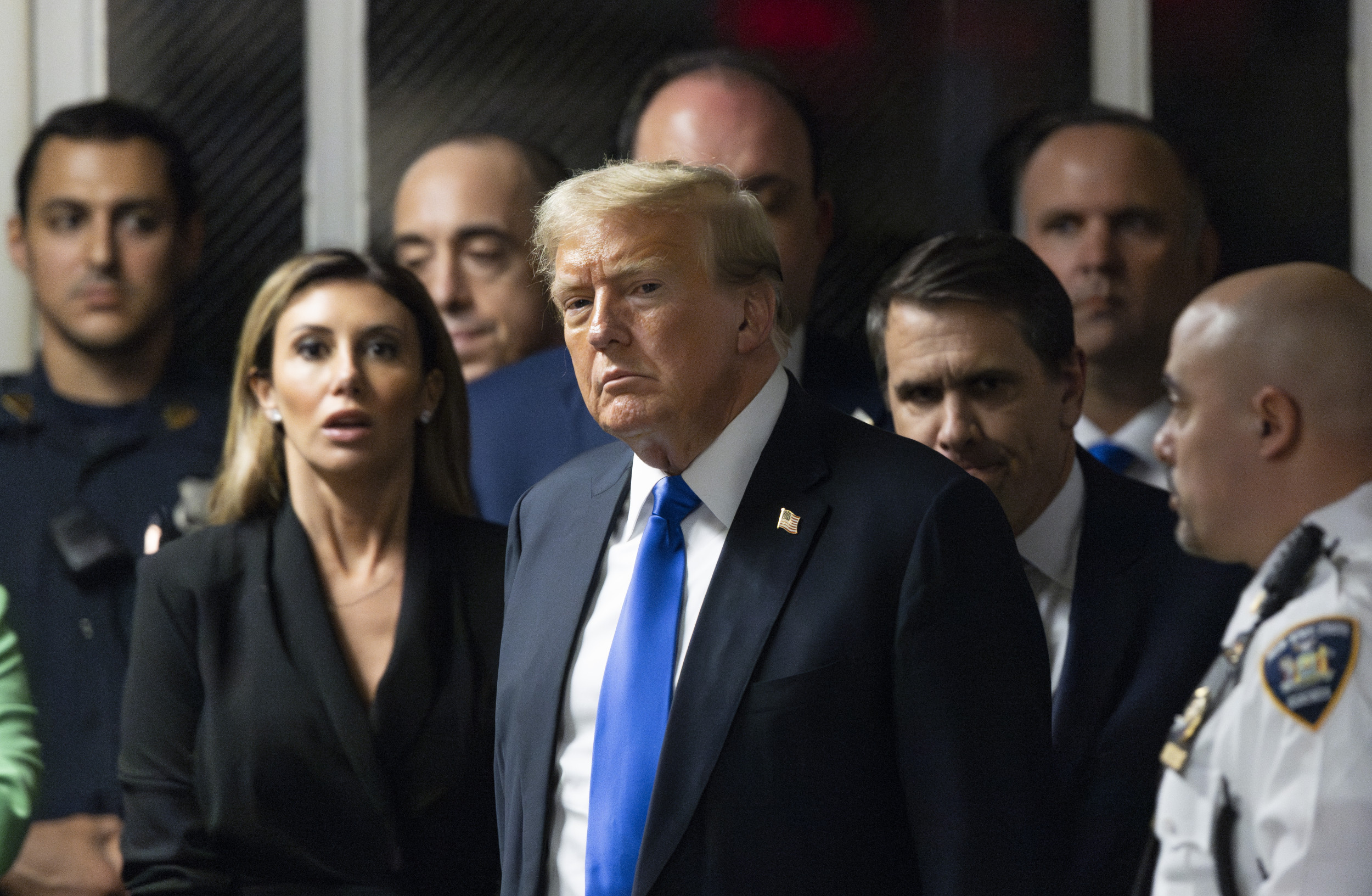Senator James Inhofe, who chairs the Senate Armed Services Committee, has warned that Beijing's actions in the South China Sea make it look like the Asian superpower is "preparing for World War III."
The Republican representing Oklahoma made the comments during a Tuesday hearing on foreign threats to the United States. Inhofe cited escalating tensions in the South China Sea as an area of concern for the U.S.
"It's like [China is] preparing for World War III," the senator said, military newspaper Navy Times reported. "You're talking to our allies over there and you wonder whose side they're going to be on."
Inhofe also expressed his concern that Washington's fears regarding China's ability to challenge and threaten the U.S. are not fully appreciated by the American public. "I'm concerned our message is not getting across," he warned, suggesting that America's dominance in the Pacific has come to an end.

"There's this euphoric attitude people have had since World War II that somehow we have the best of everything," he said.
Politicians and intelligence experts have increasingly warned about the threat posed by China to U.S. interests at home and abroad. In December, it was reported that China was involved in 90 percent of all economic espionage cases investigated by the Justice Department.
"I would tell you that China in many ways represents the broadest, most complicated, most long-term counterintelligence threat we face," FBI Director Christopher Wray said in October. Wray also said last year that his bureau was investigating economic espionage cases that have alleged links to Beijing in all 50 states.
Beijing has laid claim to the South China Sea, an area that contains what much of the world considers international waters, as well as islands claimed by fellow Asian nations. China has militarized the waterway, and even constructed artificial islands to station military outposts in the region.
Washington has pushed back against China's dominance in the area, sometimes leading to direct confrontation. Last fall, a Chinese warship nearly rammed into the USS Decatur as it patrolled the South China Sea, coming within just 45 yards of the American vessel, ABC news reported.

Tensions have escalated between Beijing and Washington over trade as well. Since last summer, the U.S. and China have been embroiled in a bitter dispute involving hundreds of billions of dollars of goods. President Donald Trump launched the trade war when he added tariffs to Chinese imports, leading Beijing to respond in kind.
Although U.S. and Chinese negotiators have expressed optimism about ongoing discussions to resolve the dispute, Washington's recent crackdown on Chinese telecom giant Huawei may complicate the problem further. This week, the Justice Department announced two indictments that accuse Huawei of stealing trade secrets, violating sanctions on Iran and obstruction of justice related to the investigation. One of China's most high-profile executives, Huawei CFO Meng Wanzhou, also remains under house arrest in Canada as she awaits possible extradition to the U.S. for her alleged involvement in the crimes.
Beijing has responded by accusing the U.S. of trying to destroy Chinese companies. Previously, China has dismissed Washington's concerns about its growing influence, arguing that anti-Chinese sentiments have reached a level of "hysteria."
Uncommon Knowledge
Newsweek is committed to challenging conventional wisdom and finding connections in the search for common ground.
Newsweek is committed to challenging conventional wisdom and finding connections in the search for common ground.
About the writer
Jason Lemon is a Weekend Editor at Newsweek based in Brooklyn, New York. Prior to taking on the editor role, Jason's reporting focused on ... Read more





